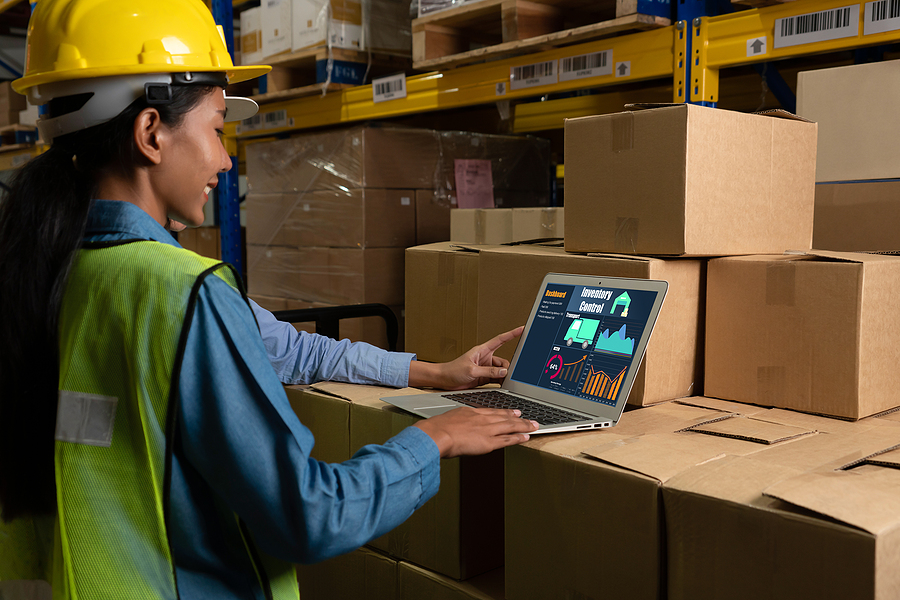In today’s global business landscape, outsourcing your logistics operations to a third-party logistics provider (3PL) has become a popular trend. With a third-party logistics provider, businesses can focus on their core competencies and leave the complexities of supply chain management to the experts. However, choosing the wrong provider can lead to disastrous results. Here are ten common mistakes to avoid when choosing a 3PL.
Not Understanding Your Own Business Needs
Before you begin your search for a third-party logistics provider, it’s essential to understand your own business needs. Different third-party logistics providers specialize in different areas, so knowing your own requirements can help you narrow down your choices. Consider factors like your shipping volume, the types of products you handle, and the geographical locations of your customers.
Focusing Solely on Price
While price is an important factor, it shouldn’t be the only one. A low price may mean low-quality service, which can ultimately cost you more in the long run. Instead, look for a provider that offers a fair price for quality service that meets your business needs.
Neglecting to Check for Proper Licensing and Certification
Before choosing a provider, ensure that they have the necessary licensing and certification to operate in your industry. This is especially important for industries with strict regulations, such as pharmaceuticals and food products.
Not Evaluating the Technological Capabilities
In today’s digital age, having up-to-date technology is essential for logistics operations. A third-party logistics provider that uses outdated or incompatible technology can cause delays and errors. Look for a provider that invests in new technology and has the capability to integrate with your systems.
Not Considering the Experience and Reputation
Experience is an important factor to consider when choosing a third-party logistics provider. Look for a provider that has a proven track record and has worked with businesses similar to yours. Check their reputation by reviewing customer feedback and ratings from independent sources.
Choosing a Provider Based on Geographic Proximity Alone
While proximity can be an advantage, it’s not the only factor to consider. Choosing a third-party logistics provider based solely on geographic proximity can lead to overlooking other important factors, such as quality of service and experience.
Not Asking About the Customer Service Practices
Good customer service is essential for any business. Before choosing a provider, ask about their customer service practices, including their communication channels, response times, and their procedures for resolving issues.
Failing to Review the Contract Thoroughly
Before signing a contract with a third-party logistics provider, it’s essential to review it thoroughly. Ensure that the contract covers all of your business needs and that you fully understand the terms and conditions.
Not Considering the Scalability
As your business grows, your logistics requirements may change. Look for a third-party logistics provider that can scale up or down to meet your changing needs. Ask about their processes for handling changes in shipping volumes, additional locations, and other factors that may impact your logistics operations.
Overlooking the Environmental Sustainability Efforts
In today’s environmentally conscious world, many customers expect businesses to operate sustainably. Choosing a third-party logistics provider that prioritizes environmental sustainability can help improve your business’s reputation and meet the expectations of your customers. Look for a provider that implements sustainable practices, such as reducing carbon emissions and minimizing waste.
In conclusion, selecting the right 3PL provider for your business is a crucial decision that requires careful consideration. It’s important to avoid common mistakes such as focusing solely on price, neglecting to check for proper licensing and certification, and failing to review the contract thoroughly.
Additionally, it’s essential to consider factors such as the provider’s technological capabilities, experience and reputation, customer service practices, scalability, and sustainability efforts. By taking the time to find the right 3PL for your business, you’ll be able to establish a long-term partnership that benefits your operations and meets the expectations of your customers.
